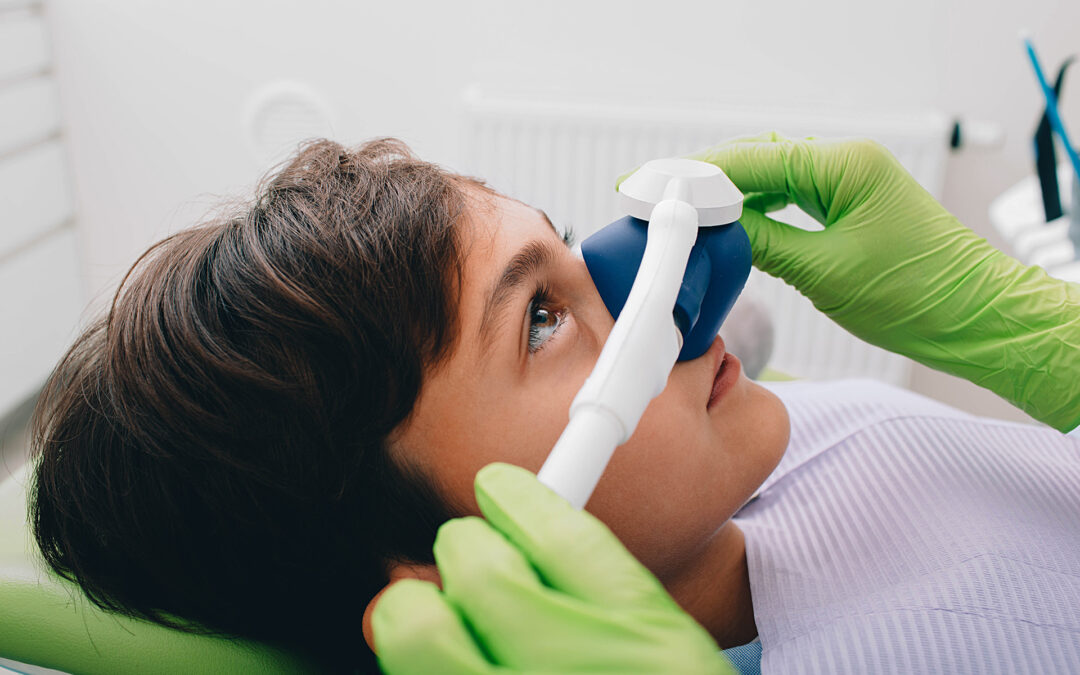Dental anxiety is a common phenomenon, not just among adults but also among children. For many youngsters, the thought of sitting in the dentist’s chair can evoke fear and apprehension, making routine dental procedures challenging.
However, thanks to advancements in dentistry, pediatric sedation has emerged as a valuable tool in ensuring comfortable treatment experiences for children. This technique is applied by many Windermere pediatrics Fl specialists.
Understanding Pediatric Sedation Dentistry
Pediatric sedation dentistry involves the use of sedative medications to help children relax during dental procedures. It is particularly beneficial for young patients who experience extreme anxiety or have difficulty sitting still for prolonged periods.
Sedation dentistry is not about putting the child to sleep; rather, it induces a state of relaxation while allowing them to remain conscious and responsive.
Types of Sedation
There are several types of sedation techniques used in pediatric dentistry, each tailored to meet the individual needs of the child:
Nitrous Oxide (Laughing Gas): Nitrous oxide, often referred to as laughing gas, is a safe and commonly used sedative in pediatric dentistry. Administered through a mask placed over the child’s nose, it induces a state of relaxation and reduces anxiety.
Oral Sedation: Oral sedatives, usually in the form of a liquid or pill, are given to the child before the dental procedure. These medications help alleviate fear and promote relaxation. While the child remains conscious, they may feel drowsy and less aware of their surroundings.
Intravenous (IV) Sedation: IV sedation involves administering sedative medications directly into the bloodstream through a vein. This method allows for precise control over the level of sedation and is often used for more complex dental procedures.
General Anesthesia: In some cases, particularly for extensive dental treatments or children with special needs, general anesthesia may be recommended. Under general anesthesia, the child is completely unconscious and unaware of the dental procedure.
Benefits of Pediatric Sedation Dentistr
Pediatric sedation dentistry offers several advantages, including:
Reduced Anxiety: Sedation helps alleviate fear and anxiety associated with dental visits, making it easier for children to undergo necessary treatments.
Improved Cooperation: Children who are sedated are more likely to cooperate during dental procedures, allowing dentists to perform treatment more efficiently and effectively.
Pain Management: Sedation helps manage discomfort and pain, ensuring a more comfortable experience for the child.
Quicker Recovery: With sedation, children often have little to no memory of the dental procedure, leading to a faster recovery and reduced post-procedure anxiety.
Prevention of Trauma: By providing a calm and relaxed environment, sedation dentistry helps prevent traumatic experiences that could negatively impact a child’s future dental health.
Ensuring Safety
While pediatric sedation dentistry is generally safe, it is essential to prioritize the child’s well-being by following strict safety protocols. Dentists who offer sedation services should undergo specialized training and certification to ensure they can administer sedatives safely. Additionally, thorough pre-operative evaluations are conducted to assess the child’s medical history, current health status, and suitability for sedation.
Parents also play a crucial role in ensuring the safety of their child during sedation dentistry. They should follow pre-operative instructions provided by the dental team, including fasting requirements before the procedure. Furthermore, parents must arrange for transportation to and from the dental appointment, as children may still feel drowsy after sedation.
Pediatric sedation dentistry has revolutionized the way children experience dental care, offering a solution for those who struggle with fear and anxiety. By providing a comfortable and stress-free environment, sedation dentistry enables children to receive the dental treatment they need without undue distress.
With careful planning, proper training, and a focus on safety, pediatric sedation dentistry continues to be a valuable tool in promoting oral health and well-being among young patients.
